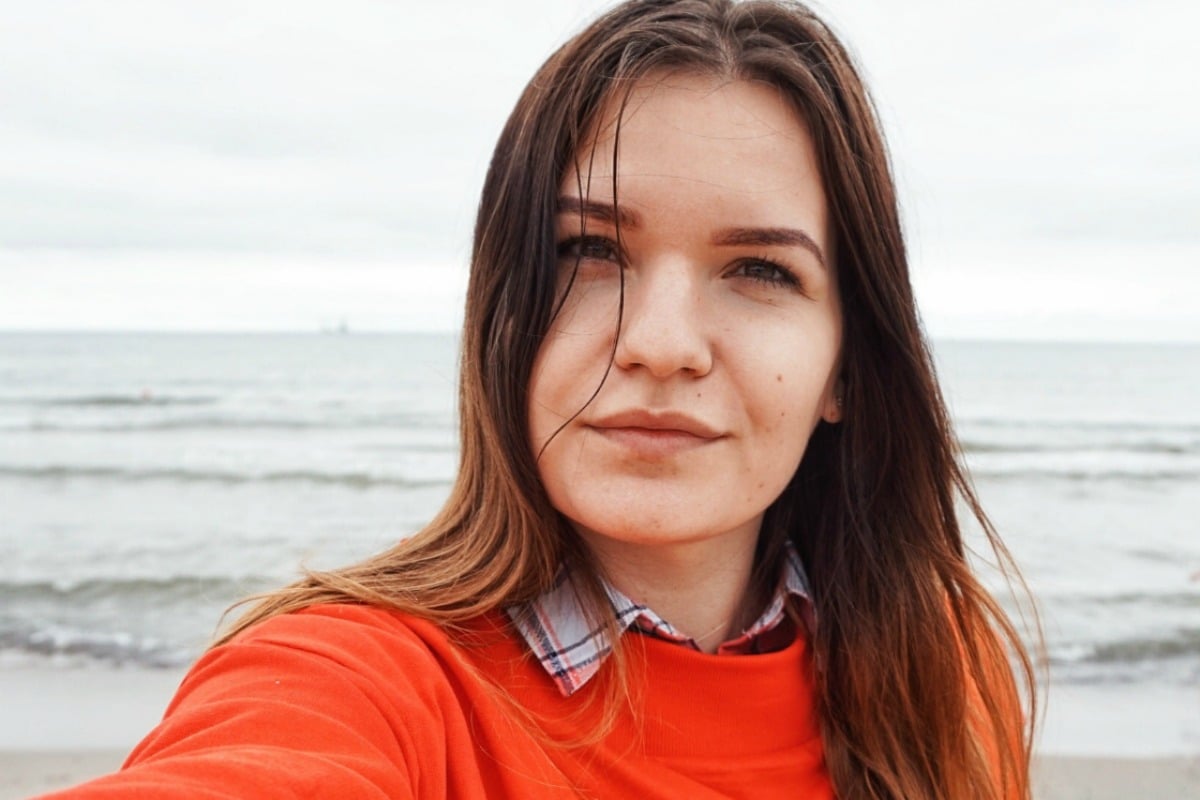
Warning: This post deals with mental health and might be triggering for some readers.
It took 28 years for me to receive the diagnosis I had always been expecting. After all, I’d inherited every other hereditary condition (and undesirable trait) that ran in the family – why not this one?
Throughout my teenage years, the thought of this diagnosis had crippled me. But as I sat in that sterile white office, the word almost came as a relief.
“You have bipolar.”
She said it so matter-of-factly. So indisputably.
And yet I wasn’t there to dispute. I was there to accept. To embrace. To move forward on a path towards health and (optimistically, I know) happiness.
So when she said that word, it felt like validation. Like a ticket to wellness.
Bestselling author, Marian Keyes, speaks to Mia Freedman about overcoming depression on the No Filter podcast. Post continues after video.


Top Comments
I've heard the term Doctor shopping before.
"My new doctor explained that the current thinking in the psychiatry industry was not to bring out the big guns first."
So, lithium would not be the first choice in any event. I'd personally be trying to avoid prescribing lithium if possible for a number of reasons, not only because of its teratogenic effects. It's got more than just that one nasty potential side effect.